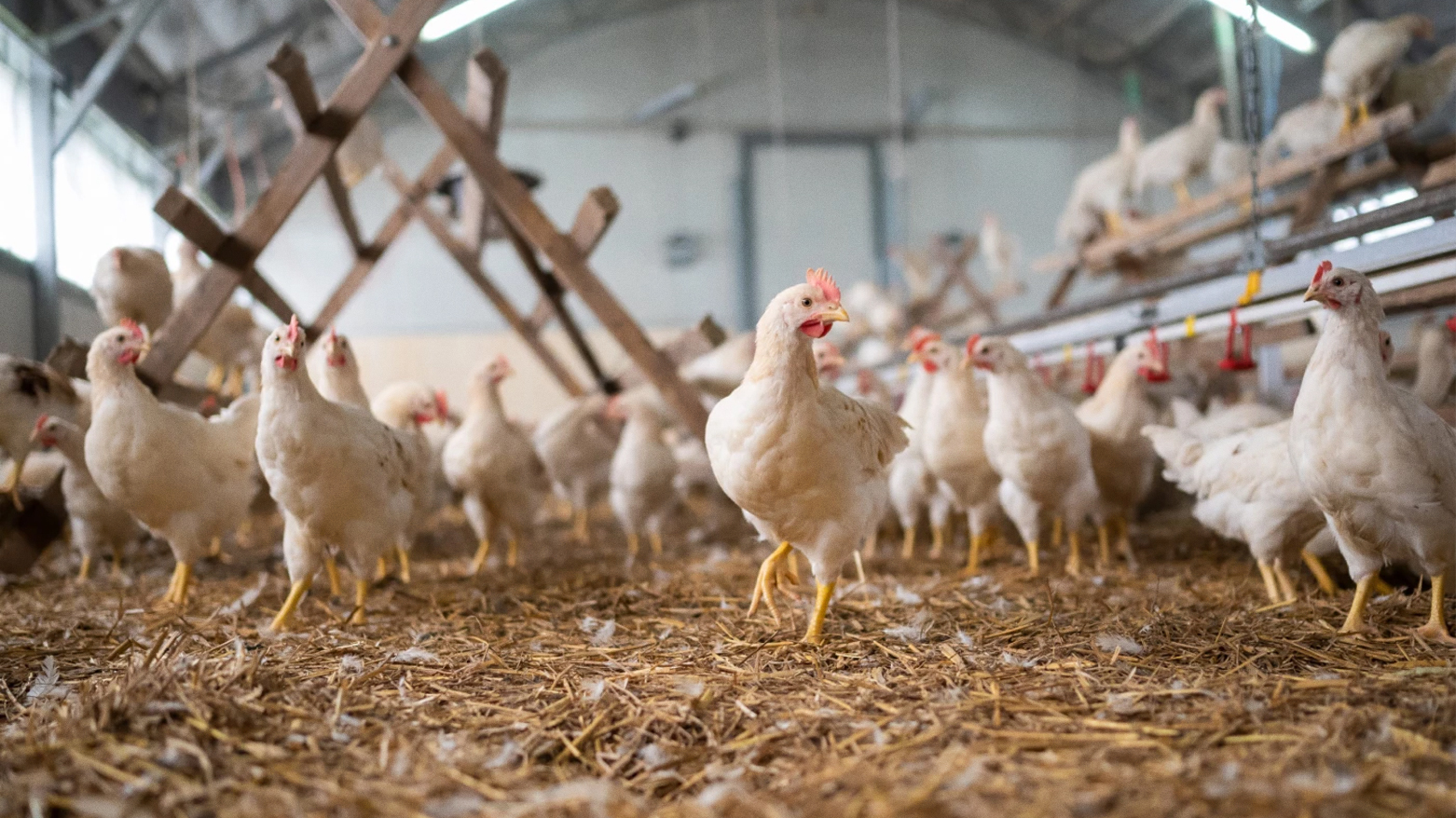KRG Pushes to Reopen Iraq Market for Poultry Exports
KRG's Agriculture Minister says the region is self-sufficient in eggs and has a massive chicken surplus. She seeks to resume exports to Iraq, which have been halted for months, to prevent financial losses for local farmers due to overproduction.

ERBIL (Kurdistan24) — The Kurdistan Region has achieved complete self-sufficiency in egg production and is now grappling with a significant surplus of chicken meat, prompting the Minister of Agriculture and Water Resources to announce that efforts are underway to resume exports to central and southern Iraq as soon as possible after months of facing "obstacles."
In a statement to the Kurdistan24 website on Saturday, Begard Talabani, the Minister of Agriculture and Water Resources in the Kurdistan Regional Government (KRG), detailed the success of the region's poultry sector and the pressing challenges it now faces due to export restrictions.
“We have not imported eggs into the Kurdistan Region for nearly five years,” Minister Talabani stated, underscoring a major milestone for the local industry. She confirmed that “the production of eggs and chicken in our poultry farms exceeds local demand.”
This success, however, has created a new economic dilemma. With production outstripping local consumption, access to external markets is critical. The minister highlighted the current impasse, explaining, “We hope to be able to resume exports to the southern provinces of Iraq as soon as possible, as these exports have been halted for several months and obstacles have been created.”
Amid discussions about the export halt, Minister Talabani also moved to quell any speculation about health concerns within the region's poultry farms. She firmly denied that any disease has spread, ensuring that robust safety measures are in place. “Through the committees of the district administrations, continuous monitoring and inspections of food, dairy, and poultry products are carried out in all cities and towns of the Kurdistan Region,” she said.
The scale of the production surplus was quantified by Nazm Abdullah, the head of the Association of Poultry Farms of Sulaimani, Halabja, and Garmian, who had previously spoken to Kurdistan24. He explained that while the annual domestic demand for chicken meat in the Kurdistan Region stands at 146,000 tons, the region's poultry farms are producing nearly 250,000 tons of meat annually.
According to Abdullah, this overproduction has had a direct and negative impact on the local market, causing prices to be low and leading to significant financial losses for the owners of the poultry farms. He believes that resuming exports is the most viable solution. “If it is exported to the provinces of Iraq, its price will increase, and the government will also benefit,” Abdullah argued, pointing to a resolution that would stabilize the industry and generate revenue.
The poultry sector represents a substantial part of the Kurdistan Region's agricultural economy. Official figures show there are a total of 1,840 poultry farms spread across the region:
- Sulaimani: 727 poultry farms
- Erbil: 576 poultry farms
- Duhok: 344 poultry farms
- Halabja: 35 poultry farms
